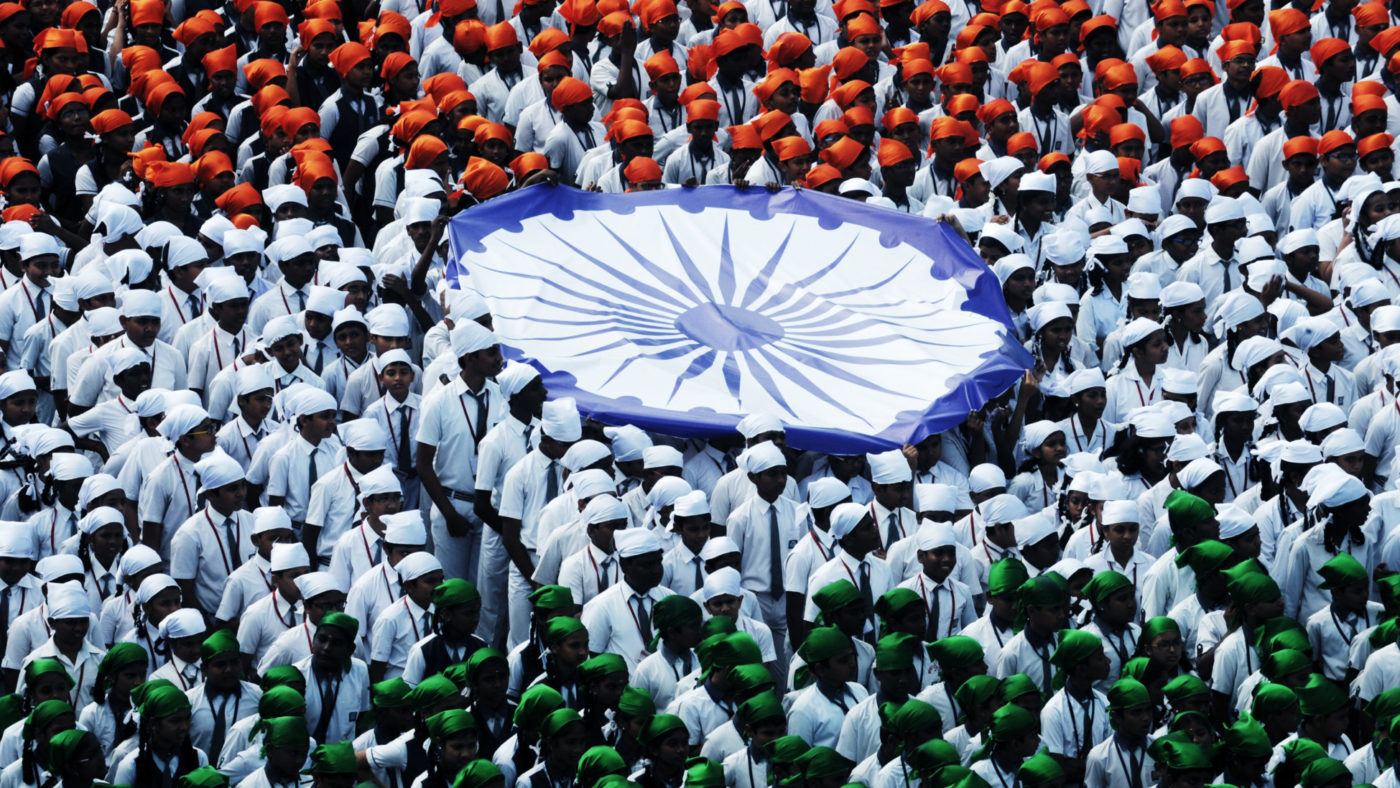Another collective apology is being demanded of us. This time for making India poor. That’s the message from Shashi Tharoor, whose new book, Inglorious Empire, is calling for reparations. He claims we invaded, added the sub-Continent to the Empire, impoverished the place and the people.
There is only one slight problem with this analysis – which is that the Indian economy tripled in size between Clive slashing his way through the Maharajahs and Partition. You can call me a detail-obsessed fuddy duddy if you like but that’s not leaving a place poorer.
While there are most certainly things we should and could apologise for – Matt Ridley details some of the horrors in The Times as does David Olusoga over in The Guardian – making India poorer isn’t one of them.
We can point to unfair trade terms for cotton or locomotives, we can even point out that the average living standard of an inhabitant didn’t increase very much over those centuries. But the place didn’t become poorer.
The standard measurements of historical living standards come from Angus Maddison. If you’ve haven’t done so, it’s most informative to download that spreadsheet and have a look. While these numbers aren’t accurate to the last cent, it’s generally accepted that they’re a pretty good guide. The measurement is in US$ of 1992 vintage, adjusted for price differences across time and geography in order for us to be able to compare living standards not cash income before inflation or anything.
The past was poor, very poor. The average human being, since the invention of agriculture, has been living on about $600 a year. In fact, give or take a few cents, that’s pretty much the World Bank’s current definition of absolute poverty: $1.90 a day. Between Ur of the Chaldees and the Industrial Revolution, that was pretty much it for everyone – except the occasional King or priest. Just decade after century and millennia of peasant subsistence.
When the English turned up in Bengal, that was pretty much the Indian lot. When the Brits left again that was still pretty much the sub-Continental lot, with an improvement, according to the Maddison figures, of perhaps 20 to 30 per cent – not much after two and a half centuries admittedly.
But the population also tripled in this time. Which is where the economic growth comes in: Malthusian growth. So greater economic production didn’t lead to a rise in living standards, it just led to more people leading the same old lifestyle. Before the Industrial Revolution, this was just what happened everywhere.
So, India’s economy tripled during the Raj years. China’s economy, with its very different colonial experience, managed about the same again. We can argue about whether we should have done better by India (we certainly should have) and whether there were things we shouldn’t have done (there certainly were) but we can’t take the blame for the place getting poorer.
However, there wasn’t much progress made after we’d gone. That per capita sum didn’t improve between Partition and the early 1990s. And that was because Nehru – and thus the Congress Party – were very taken with the scientific socialism they’d learnt in their youth in British academia.
So they instituted the Licence Raj, which meant applying the tactics of Major Attlee and the Fabian socialists to grow the Indian economy. You know, plan and licence everything and the bureaucrats would create the wealth by telling everyone what to do. It worked there about as well as it did here.
Then, just as China’s growth finally happened when they dropped the Maoist idiocy in 1978 (that country at that point had, by Maddison’s figures, the same per capita income as England in 1600) leading to 10 per cent per annum GDP increases, the Indian economy was freed by Manmohan Singh and Narendra Modi and, hey presto: they’ve got 6 and 7 per cent growth, again running for decades.
So if we were to point a finger of blame, let’s ignore the protestations of Congress Party members, such as Shashi Tharoor, and think about those people who effectively kept India’s people poor after independence – Sidney and Beatrice Webb…


